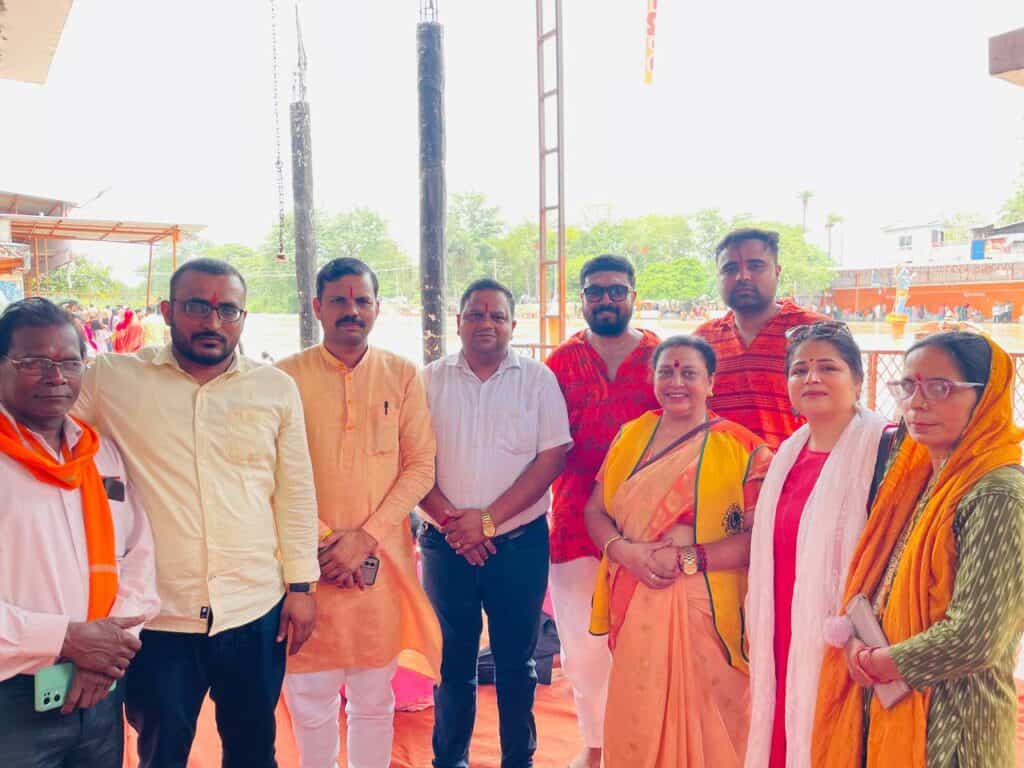
Kesari Utsav
About Kesari Utsav:
Kesari Utsav is a festival to promote and instill resilience at the grassroots of the space and process of urbanization. The festival celebrates the sustainable and inclusive development of regions and urban areas. The aim of the festival is also an attempt to align local development along with global context such as the United Nations’ Sustainable Development Goals (SDGs).
Kesari’s inaugural festival was located at a particular urban area, namely the “Chota Haridwar” in Uttar Pradesh, India. “Chota Haridwar” is an peri-urban ‘dharmic’ area in the Delhi National Capital Region being nurtured by both the State Government of Uttar Pradesh and the Central Government of India.
**
Kesari includes several events in the form of exhibitions, presentations, stakeholder consultations, panels and forums to create awareness on local area resilience, inclusion and sustainability.
The persons involved are stakeholders across the multiple levels of government in the local area to state and national governments, academia, community advocacy groups and international institutions.
Kesari Utsav: Reimagining Ghaziabad
Priorities: G20/U20
Championing ‘Local’ Culture and Economy
https://www.u20india.org/Priorities
In an ever globalising world, strengthening local identities, practices and economies can provide substantial benefits for long term economic resilience (particularly in times of global downturns and pandemic events). Thinking locally also helps leverage traditional place-specific knowledge about sustainable building design, resource conservation practices, approaches to disaster management and other challenges. The push for local will have to be made on several fronts such as reinforcing the ‘sense of place’, local economic development, boosting cultural and creative economies, protection of historic city fabrics and socio-economic networks, etc. In fact, locally developed frugal innovations can potentially provide cost-efficient solutions to many urban needs. Governments, industry and non-profit sectors have to create conducive policy environment for encouraging local practices and managing cultural assets. India’s Prime Minister made the clarion call to be ‘Vocal for Local’. U20 can recommend a robust framework for re-positioning the ‘local’ within urban development.
Events
Events of Kesari Utsav will focus on some primary building blocks of resilience in a local area – namely the culture, the first responders, i.e. the police and the access to finance. These events deal with elements of a local society that attract attention first.
Police Public Partnership
Safety and security are the primary building blocks of resilience in a local area. Police is that pivotal aspect that instills resilience in a local area. Police are also the first responder in a wide range of concerns in a local area. This event is a presentation to showcase aspects of local area policing and security issues. The event will also dovetail with objectives of women empowerment, safety and security.
Stepless City
‘Stepless’ is a heuristic to create a ‘connect’ for all to see the world from the view of persons with disabilities. for emotional spaces to the built environment. For example, we often think of creating a ramp in a built environment to appear inclusive, however often it is too steep for any meaningful use. Instead, the built environment should have extremely gradual ascent and descent. Quite often the steps are there to prevent water logging due to rainfall, however it can be noted from a case study that water logging can be prevented with a very gradual slope. We must remember where gradual ascent is not possible, a meaningful ramp is fine, where even that is not possible, we have to adapt and create a sensible solution. It is this kind of thinking that ‘stepless’ would want to advocate.
Stepless Cities is a campaign to address accessibility issues to the built environment and public spaces in and around Delhi national capital regions (Delhi NCR). Kesari Festival will be the start of the “Stepless City” campaign. “Stepless” is seen as an important heuristic for ‘last mile’ implementers of the built environment (footpaths, bus stops, local markets, neighbourhood shops, public toilets, spiritual and tourist areas) such that both public and private players can make their built environment accessible. Accessible built environment is a known economic and social good which works not only for inclusion but also for sustainability and increases economic activity.
Urban Resilience
This event will be an exhibition of photographs, displays, audio-visuals and stalls explaining urban resilience on various themes. There will be ‘interactives’ on local area resilience, sustainability, and inclusion, Yoga, Earthquake and Disaster Risk Mitigation, Resilience Atlas – Raj Nagar Extension and Responsible Recreation.
Culture, Art and Place name
Culture and art are like the cement to the building blocks in the process of urbanisation. Without culture and art, the building blocks will fall apart. This event will broaden the discourse on narratives on urbanisation and bring emic aspects to the forefront, including a symposium on place names. Place-name symposium, which will address a growing global discourse of correcting past subjugations, coloniality and enslavement by providing reparations in form of removal of statues or correcting place-names as has been done in several places in the global north or south.



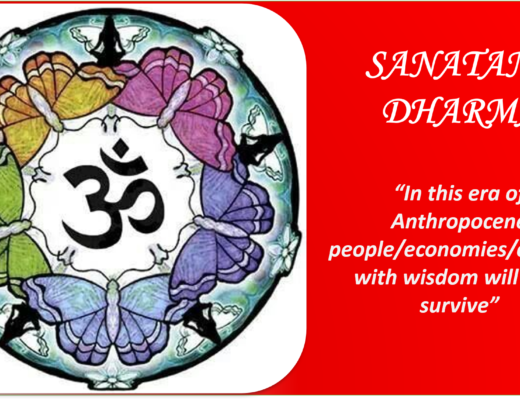
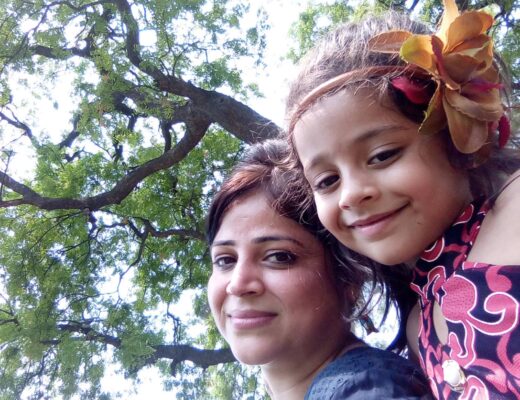
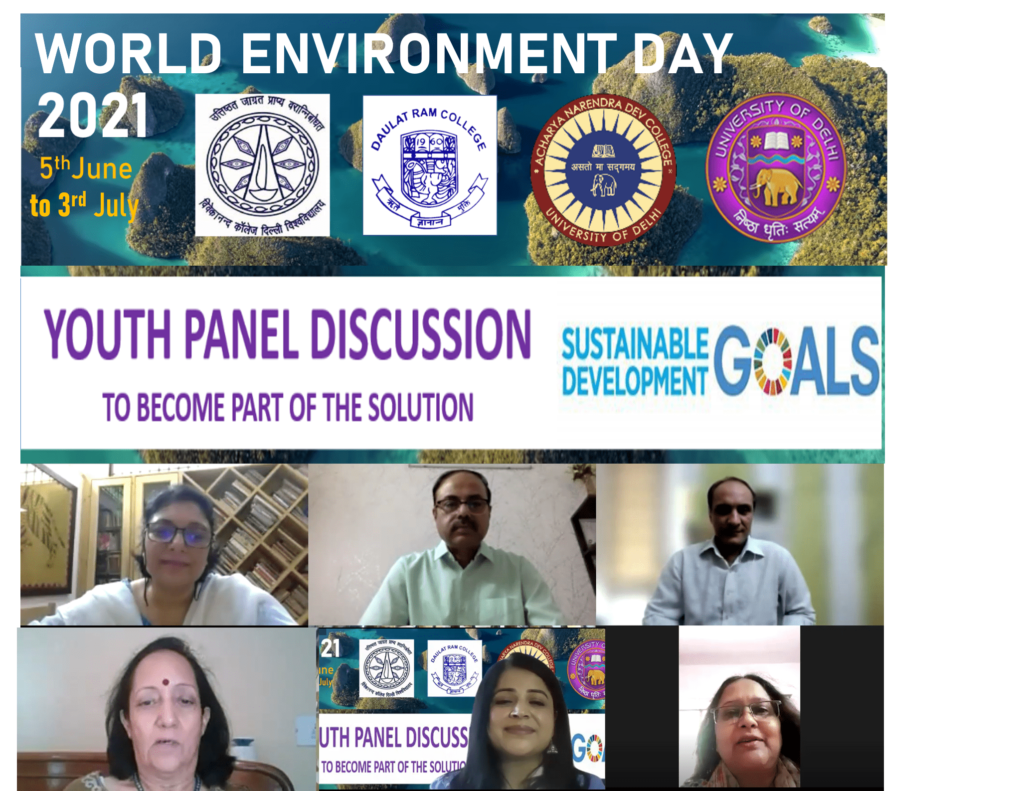
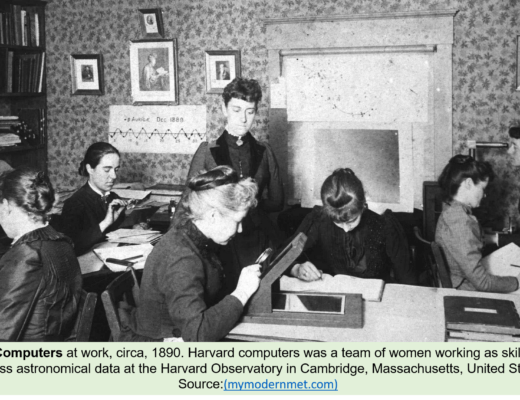


No Comments